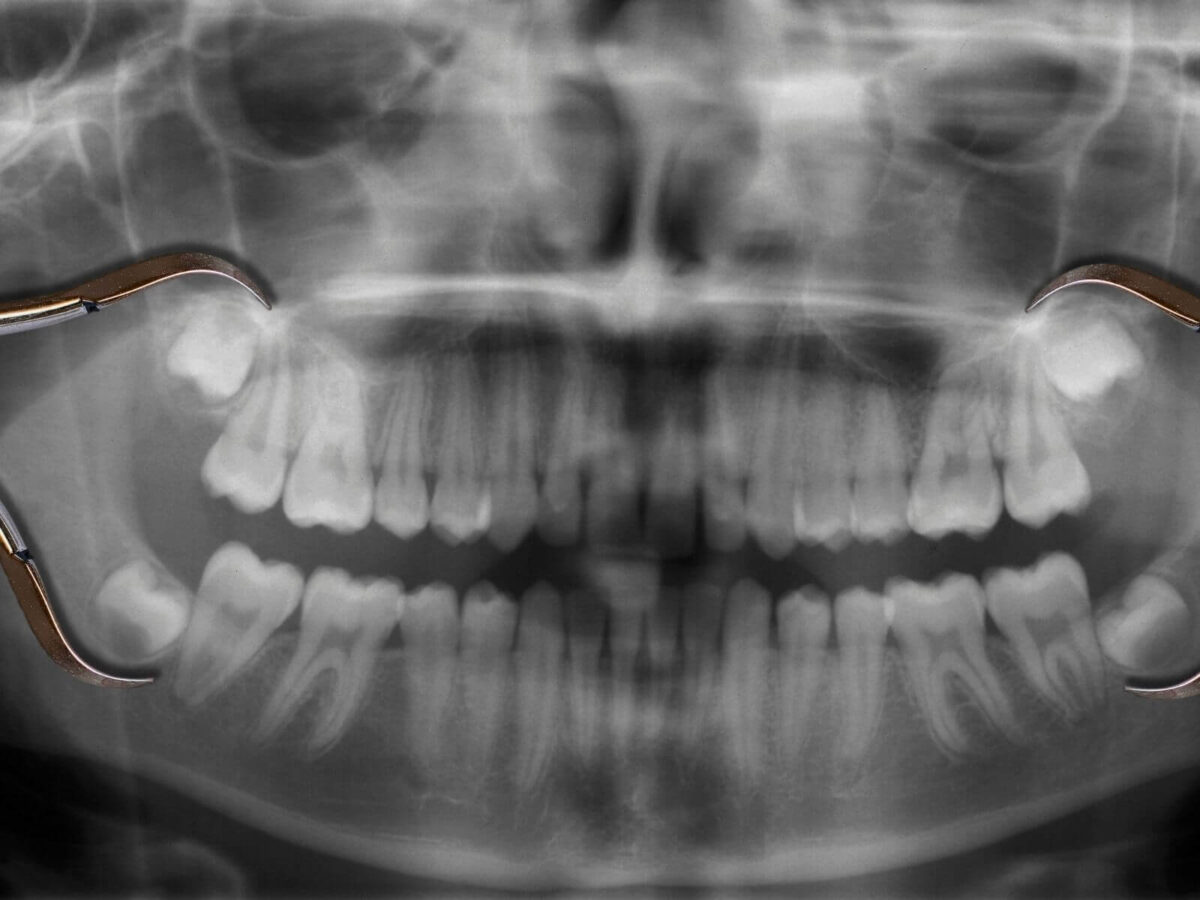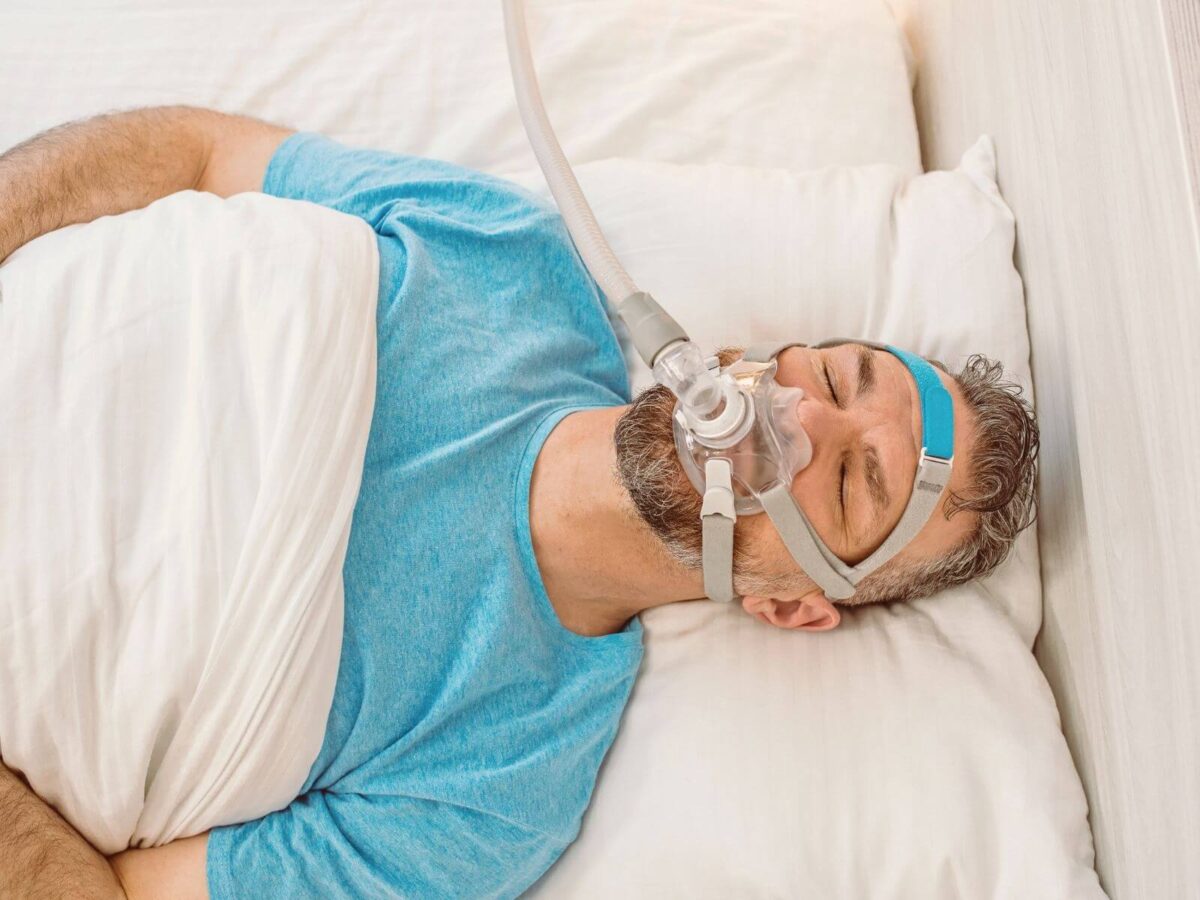Wisdom teeth removal is a widely performed surgical intervention. This tooth removal is what people often need when these teeth are inflamed, impacted, or infected. However, some complications may occur after wisdom teeth removal surgery.
Comfort is a very important aspect that any dental practice in Crosby, Texas, should ensure that the patients are given. This article will go over how to handle wisdom teeth, when to get expert assistance, and the results of wisdom tooth removal.
Common Side Effects of Wisdom Tooth Extraction
As with all surgery, there are some wisdom tooth extraction side effects, as discussed below:
1. Pain and Discomfort
Pain is the most common side effect, and it is expected to be felt after a wisdom teeth extraction. Its intensity depends on how complex the extraction is as well as on everyone’s endowment with the ability to endure the pain.
2. Bleeding
In the first 24 hours following wisdom tooth extraction, you will notice that there is often minimal bleeding. However, a doctor must treat severe or continuous bleeding right away.
3. Dry Socket
When the blood clot covering the extraction site dissolves or dislodges too soon, exposing the bone and nerves, a dry socket results. This is a painful ailment that has to be treated by a dentist right away.
Symptoms:
- Intense pain that becomes worse with time
- Bad breath in the mouth
- The visible bone in the socket
4. Infection
Bacteria entering the extraction site result in infection. Some of the symptoms are severe pain, pus discharge, fever, and chronic swelling.
How to prevent and manage:
- Rinse your mouth gently with warm salt water. This will help you maintain the health of your teeth.
- Take your medications on time as directed by your dentist.
- Get in touch with Crosby Dentist TX right away if your symptoms worsen.
5. Jaw Stiffness and Limited Mouth Opening
Some patients may have a stiff jaw after surgery. This change makes it hard to open their mouth. This happens because the muscles near the removed tooth become swollen.
How to manage:
- Use a warm compress following the first 48 hours.
- To gradually widen your jaw, slowly open and close your mouth.
- Only eat soft foods until the stiffness subsides.
6. Numbness or Tingling (Nerve Damage)
In rare cases, nerve damage may occur. This nerve damage leads to temporary or permanent numbness. This happens with lower wisdom tooth extractions.
How to manage:
- In a few weeks or months, the majority of instances resolve themselves.
- If the numbness persists, get an evaluation at your local Crosby Dental Office Tx.
- The majority of numbness will disappear on its own within a few weeks or months.
- Avoid touching or applying pressure to the numb area.
- To promote recovery, use any prescription drugs as directed by your Crosby dentist in Texas and adhere to their care instructions.
7. Sinus Issues (For Upper Wisdom Teeth Removal)
Since the upper wisdom teeth are so close to the sinuses, extraction may cause a little blockage or rupture of the sinuses.
How to manage:
- Don’t blow your nose so hard for a few days.
- Use the saline nasal spray to keep your sinuses wet.
- If symptoms persist, visit Crosby Dentist, TX for additional assessment.
Foods to Eat and Avoid After Wisdom Tooth Removal
Some of the common food items that you must eat and others which you must avoid for some time are mentioned below:
Foods to Eat:
- Smoothies, yogurt, scrambled eggs, and mashed potatoes are all soft foods that are good for the healing region.
- Warm, nutritious soups—not hot—don’t need to be chewed.
- Easy-to-eat foods that won’t aggravate the extraction site include oatmeal and pudding.
- Smoothies, mashed bananas, and applesauce are easy to eat and are a good source of vitamins.
Foods to Avoid:
- Popcorn, chips, and nuts can irritate the gums and lodge in the incision.
- Hot sauces, citrus fruits, and spicy foods can all be uncomfortable.
- Tough meats, gum, and caramel can all interfere with the healing process.
- Tea, coffee, and sodas can cause dry socket by dislodging the blood clot.
When to Contact Your Dentist
You should visit Crosby Dental Office TX, even though mild side effects are typical, if you experience any of the following:
- The excruciating pain that doesn’t go away with medicine
- Excessive bleeding that persists
- Infection symptoms (fever, pus, edema)
- Numbness that lasts for several weeks
- Breathing or swallowing difficulties
At Crosby Dentist TX, we provide expert care following wisdom teeth extraction to ensure a quick wisdom tooth extraction recovery and minimize issues.
Tips for a Smooth and Fast Recovery
Here are some essential tips:
- Follow Your Dentist’s Instructions
- Manage Pain and Swelling
- Stick to Soft Foods
- Keep Your Mouth Clean
- Avoid Smoking and Alcohol
- Rest and Avoid Strenuous Activities
Final Thoughts
The extraction of wisdom teeth is a regular treatment with tolerable side effects. Even if there is little to no blood, bruises, swelling, or pain, receiving the right aftercare will speed up your recuperation. You can rely on Crosby Dentist TX, to provide you with skilled care if you need your wisdom teeth extracted. Come to our dentist’s office in Crosby, Texas, for a consultation and a painless recovery.
Make an appointment by giving Crosby Dentist TX a call right now!




